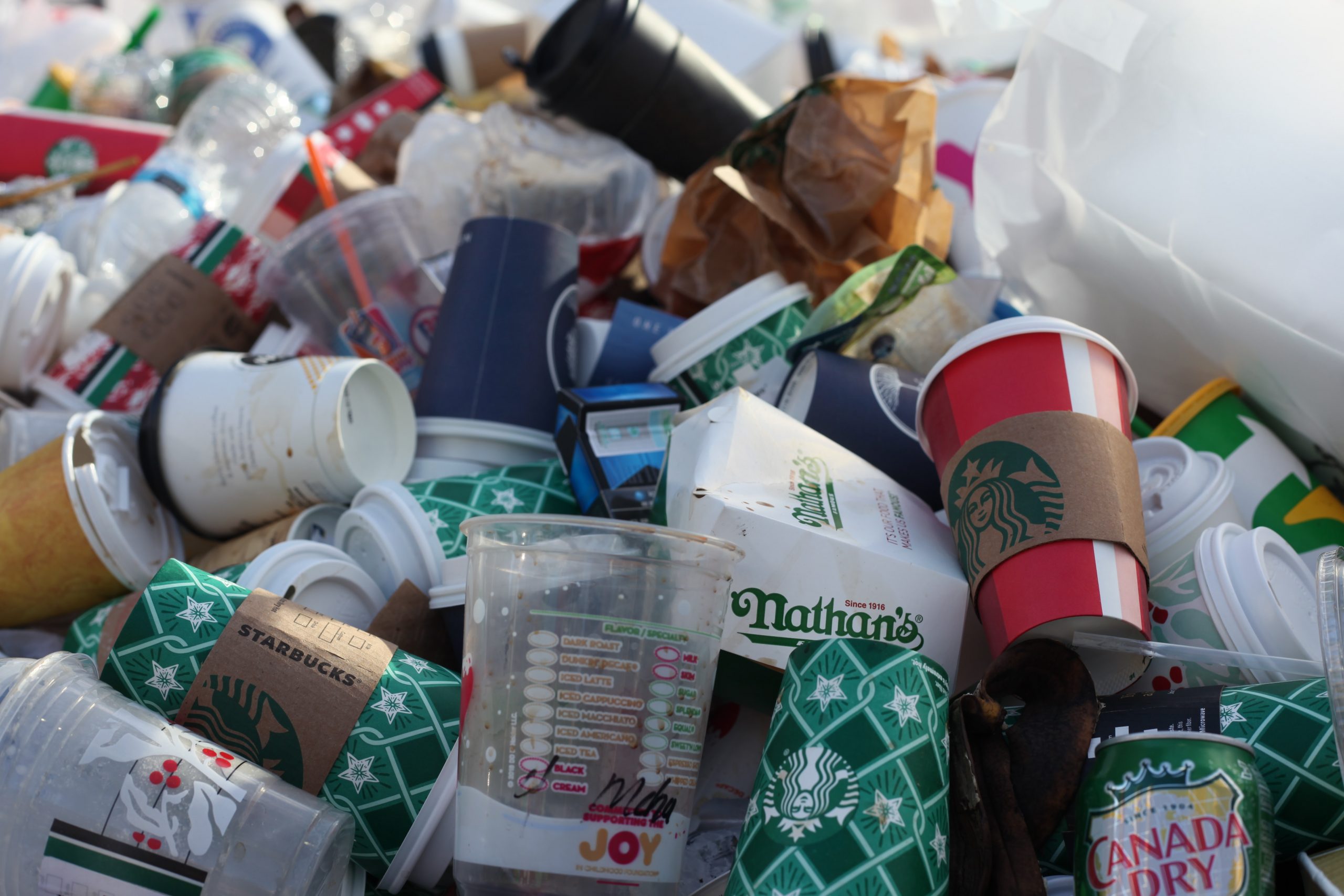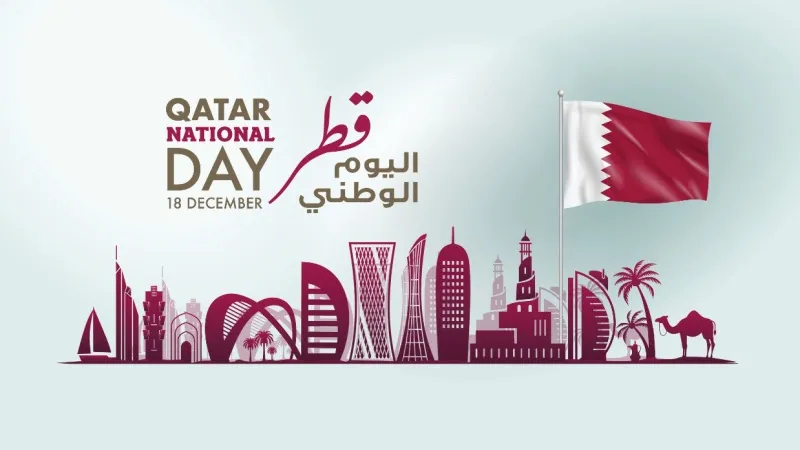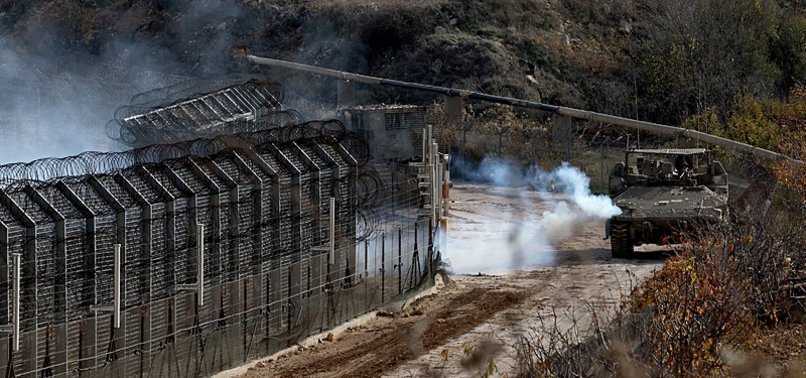The day is celebrated annually and aims to encourage climate change awareness and call for action to protect the country’s environment.
To mark Qatar Environment Day, the Gulf nation is launching a series of initiatives and activities to raise awareness about climate change and the importance of preserving the biodiversity of the environment.
The national day, which will be on Saturday 26 February, is held annually witnessing the participation of various sectors across the country to encourage the community to partake in sustainable initiatives.
Here are the top activities and initiatives to keep an eye on during the day:
Qatar Foundation’s ‘car-free’ day
If you are visiting Qatar Foundation (QF) on Friday 25 February, then you might want to take the tram or grab your bicycle as the institution will be arranging a car-free day in an effort to promote eco-friendly alternatives for transportation.
The initiative aims to demonstrate QF’s commitment to contributing to building a post-hydrocarbon and sustainable nation, as well as setting an example within its community.
“Qatar Foundation’s main objective is empowering the community through education, research, and community development. And one of the core values of the foundation is to spread environmental awareness and foster the culture of public transportation,” Tooraj Shadnia, Director of Integrated Transportation System, City Operation at QF, told The Peninsula.
“Whether it’s reducing carbon footprint and traffic congestions in Education City or improving air quality, car free day contributes to driving the community to a healthier lifestyle.”
https://dohanews.co/how-qatar-achieved-zero-waste-during-the-fifa-arab-cup/
Tree plantation and clean-up drive
Barouq Reserve will launch a series of tree plantations and cleanup drives around the areas with the help of Qatar’s community on Saturday.
Plastics, metals and all other materials will be collected and recycled to ensure the country is taking steps forward towards sustainability and protecting biodiversity.
“Qatar is one of the first countries in the world which attached great importance to preserve the environment by playing a proactive role and taking a number of measures,” said Dr. Mohamed Saif Al Kuwari, an environmental expert at the Ministry of Environment and Climate Change.
Back to the wild
The Ministry of Environment will launch a series of initiatives to enhance the country’s biodiversity. On Saturday, several deers and many birds will be released in the Barouq Reserve under the supervision of experts.
Thousands of baby fish will also be released in the mangrove forest in Qatar, in the presence of visitors, to educate the public on how mangrove forests protect the environment.
At sea, the country has stated that it will deploy an artificial coral reef at Sealine, on Saturday.
Reusing of wastewater
Qatar is currently operating a grand pilot plant project to remove micropollutants from treated sewage effluent (TSE).
The project, which is currently showing promising results, will drastically enhance water sustainability in Qatar and across the region.
Currently operating at Ashghal’s Doha North Sewage Treatment Plant, the AOP pilot plant is made to evaluate the performance of different oxidation technologies that involve combinations of ozone, ultraviolet, and hydrogen peroxide. Reports state that 40,000 litres of TSE a day can be treated by the plant.
As per research findings, more than 85% of the target compounds from TSE were effectively removed by the ozone dosage.
But is it enough?
Despite the Gulf nation’s enormous efforts to enhance sustainability and raise awareness on climate change, there is still a long way to go for Qatar to witness a palpable change.
According to the 2017 statistics by The World Bank, Qatar comes third in the top five countries globally by the share of the population exposed to polluted air, with approximately 91% of breathable air described as polluted.
Another 2017 report by Earth Overshoot Day recorded Qatar as the top country with the poorest sustainability scores, stating that if everybody on the planet lived like Qatar’s population, 9.2 piles of earth’s resources would be required to sustain life.
Recycling efforts are also not widespread in the Gulf nation. The country uses incredible amounts of single-use plastic per year with little-to-no efforts to recycle.
In fact, the country’s predominant method of solid waste disposal is landfilling, with trash being primarily collected, without recycling, thereafter discharged at several transfer stations before being sent to the landfill.
So, what do you think should be done more to help tackle climate change and enhance sustainability?
Follow Doha News on Twitter, Instagram, Facebook and Youtube







